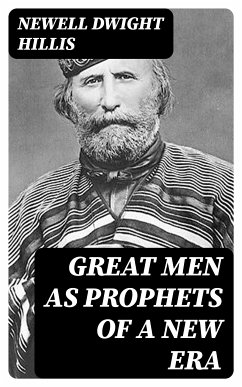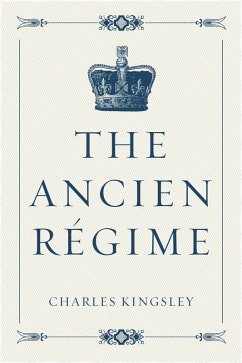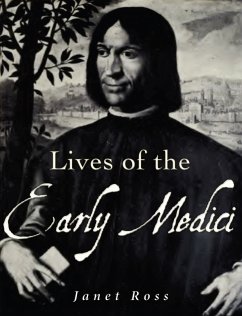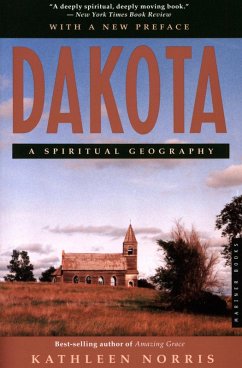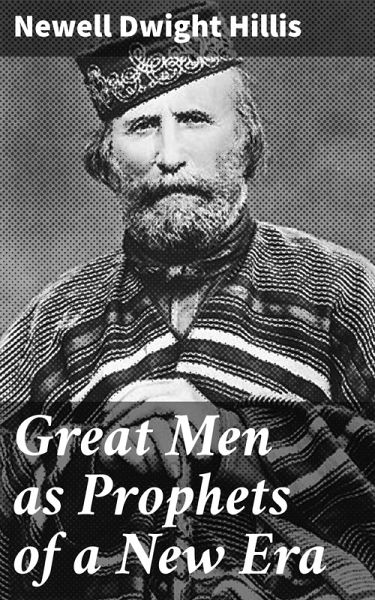
Great Men as Prophets of a New Era (eBook, ePUB)
Visionary Leaders and Civilization's Progression
Versandkostenfrei!
Sofort per Download lieferbar
0,49 €
inkl. MwSt.
Weitere Ausgaben:

PAYBACK Punkte
0 °P sammeln!
In "Great Men as Prophets of a New Era," Newell Dwight Hillis embarks on an intellectual exploration that situates influential figures throughout history as harbingers of transformative thought and change. Through eloquent prose rich with rhetorical devices, Hillis examines the lives and ideologies of prominent leaders, positing them as prophetic voices for their respective eras. This work stands not only as a historical compendium but also as a philosophical treatise that reflects the emerging progressive ideals of the early 20th century, urging readers to recognize the interconnectedness bet...
In "Great Men as Prophets of a New Era," Newell Dwight Hillis embarks on an intellectual exploration that situates influential figures throughout history as harbingers of transformative thought and change. Through eloquent prose rich with rhetorical devices, Hillis examines the lives and ideologies of prominent leaders, positing them as prophetic voices for their respective eras. This work stands not only as a historical compendium but also as a philosophical treatise that reflects the emerging progressive ideals of the early 20th century, urging readers to recognize the interconnectedness between vision and virtue in societal advancement. Newell Dwight Hillis, a noted preacher and author, was deeply embedded in the social and religious currents of his time. His extensive experience in the Congregational Church and his commitment to social reform undoubtedly influenced his belief in the capacity of great men to propel society toward a more just future. Hillis'Äôs insights reflect both a faith in human potential and a critical examination of leadership, showcasing his scholarly depth and personal convictions. Readers interested in the interplay between historical figures and societal change will find "Great Men as Prophets of a New Era" to be a compelling synthesis of biography, philosophy, and moral inquiry. Hillis'Äôs work not only invites reflection on past leaders but also challenges contemporary audiences to consider who among us will emerge as visionary prophets for future generations.
Dieser Download kann aus rechtlichen Gründen nur mit Rechnungsadresse in A, B, BG, CY, CZ, D, DK, EW, E, FIN, F, GR, H, IRL, I, LT, L, LR, M, NL, PL, P, R, S, SLO, SK ausgeliefert werden.




